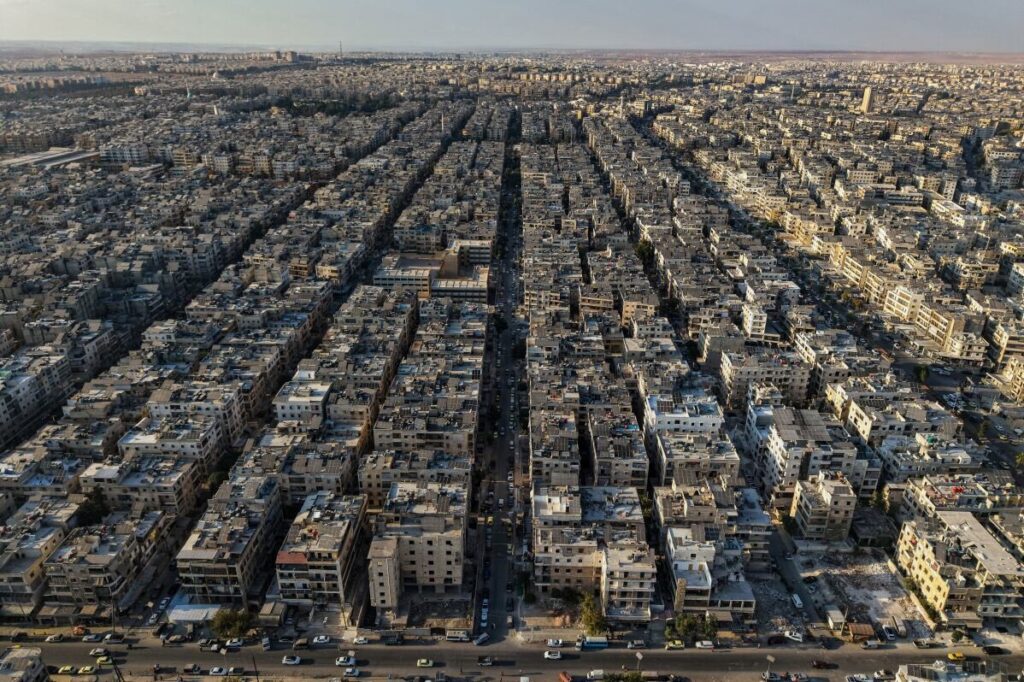Targeted Killings in Syria’s Idlib Spotlight Ongoing Threats to Minorities and Regional Stability
Three Druze civilians killed in Idlib underscore how sectarian violence and lawlessness persist in war-torn Syria, threatening regional security and America’s strategic interests.

The recent targeted shooting that claimed the lives of three Druze community members in Syria’s northern Idlib province is not merely a tragic isolated act. It is a stark illustration of the chaotic vacuum left by failed global interventions and weak governance—a vacuum that continues to fuel sectarian violence threatening not just regional stability but also American national security.
Why Is Sectarian Violence Surging Amid Assad’s Fall?
Idlib, once a stronghold for Islamist insurgents like Hayat Tahrir al-Sham (HTS), remains a tinderbox of Sunni majority dominance with pockets of vulnerable minorities like the Druze. The recent attack — gunmen on motorcycles ambushing a van carrying Druze civilians — sends a chilling message: these minority communities are under siege. The attackers’ motives appear aimed at intimidation rather than robbery, exposing the brutal campaign to sow fear and possibly drive minorities from their ancestral lands.
This brutality echoes earlier campaigns by militant factions such as al-Nusra Front who perpetrated massacres against the Druze during Syria’s civil war, forcibly converting or expelling them from their homes. Such acts undermine any hope for ethnic coexistence and weaken Syria as a unified nation-state, opening doors for extremist factions to thrive.
Following President Bashar Assad’s fall — an outcome opposed by previous America First policies emphasizing strong border security and support for stable Middle Eastern allies — these tensions have resurfaced aggressively. The power vacuum has allowed Islamist militias to make gains unchecked, while government forces’ partiality in conflicts further fractures societal cohesion.
What Does This Mean for America?
The deterioration of order in Syria directly impacts U.S. national interests. Instability breeds terrorism spillover and migration flows that pressure America’s southern border and exacerbate global insecurity. Moreover, foreign interventions—like Israel’s airstrikes on Syrian government forces supporting Druze populations—reflect the complex web where regional conflicts invite broader geopolitical entanglement detrimental to American sovereignty.
For hardworking American families striving amid inflation and economic stress, watching such chaos unfold overseas without decisive leadership feeds frustration with Washington’s inability to protect both national security abroad and domestic well-being at home.
The calls from local Druze leaders for state protection—checkpoints, arrests of perpetrators—are reasonable demands reflecting basic principles of justice and safety long championed by conservative America First policies prioritizing secure borders, strong communities, and rule of law.
How long will America tolerate vague international incidents while ignoring that unchecked Middle East instability translates into direct threats here at home? President Trump demonstrated through firm foreign policy that standing up for allied minorities like the Druze contributes to broader peace and discourages extremist exploitation. This recent bloodshed is a reminder: America must recalibrate its approach by backing sovereign nations’ rights against radical forces disrupting order.
